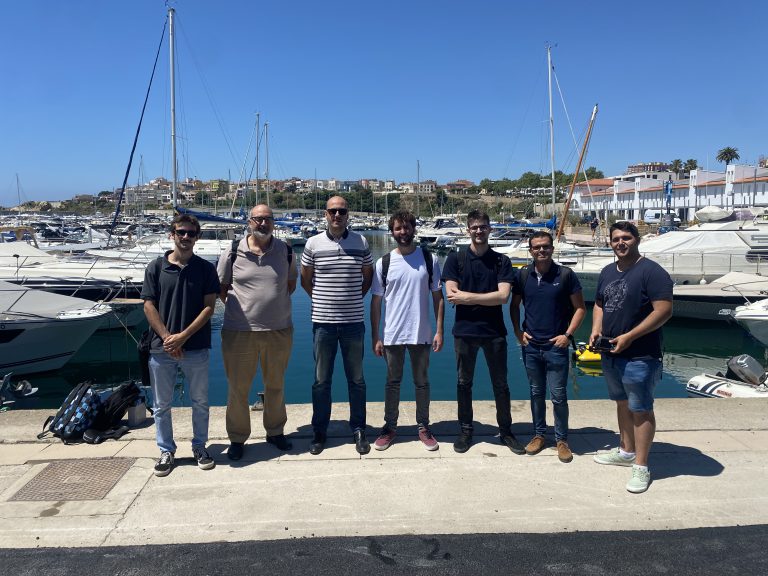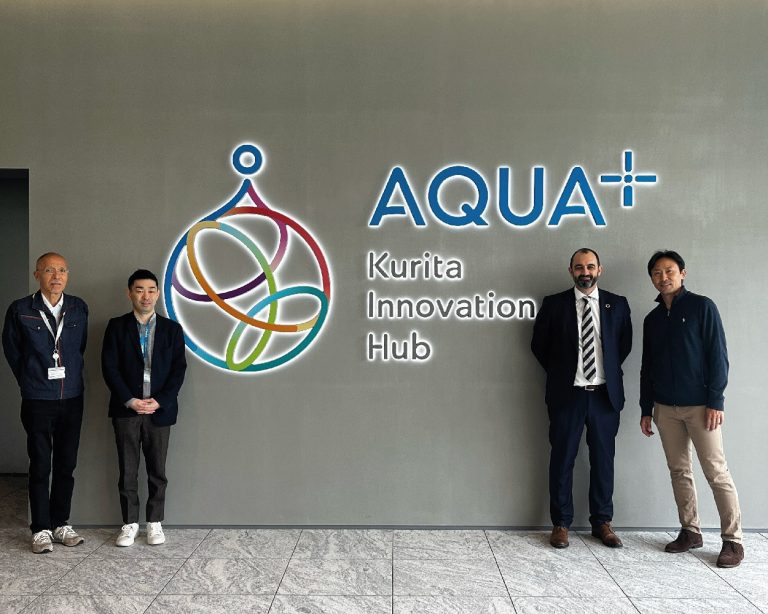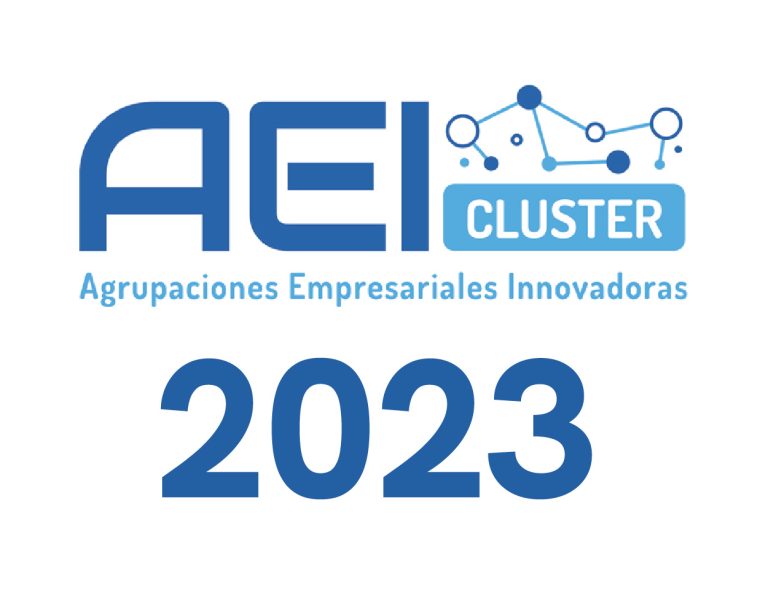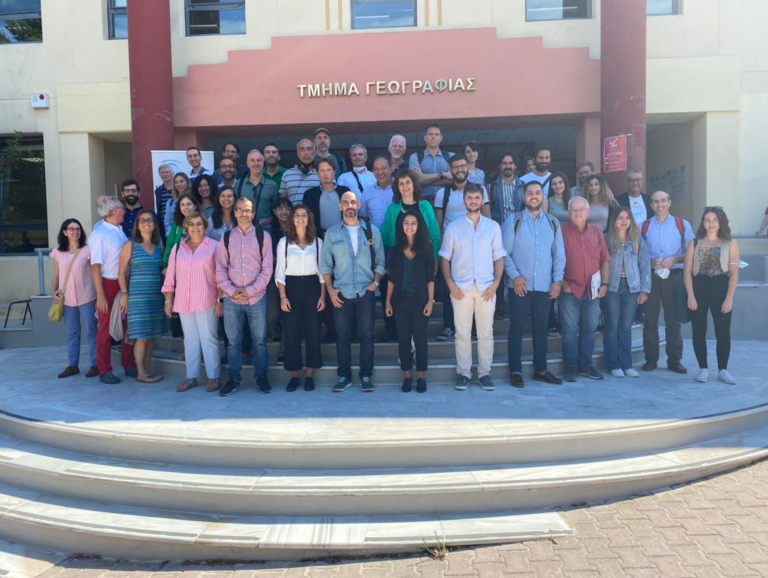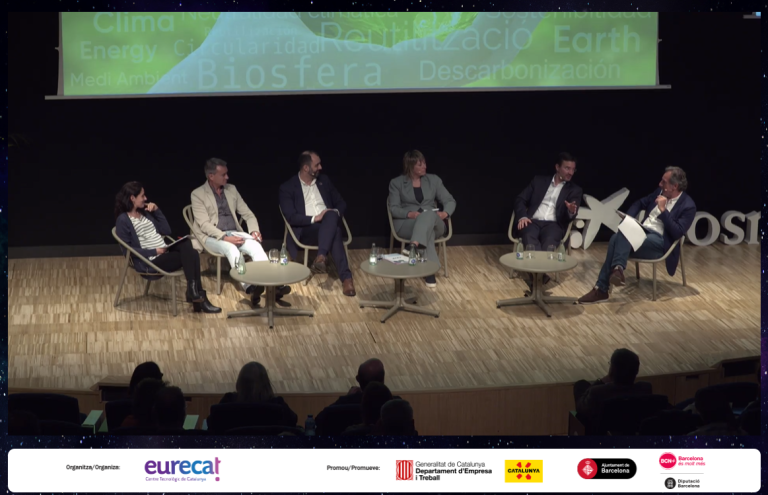The HYDROUSA project ends
Last June 30, the HYDROUSA European project ended, financed under the Horizon 2020 program. The project, with a total budget of €12M, of which €10M in aid, has been led by the National University Athens Technical University and has 28 partners with expertise in the fields of water management, agriculture and agronomy and ICT solutions, among others. At the Catalan level, the ICRA participated in the project, which was the entity responsible for investigating the presence of emerging pollutants in the water cycle, agricultural products and soils irrigated with regenerated water as well as evaluating the potential risks for human and environmental health; AERIS Tecnologías Ambientales who were responsible for one of the pilots, more specifically the UASB reactor installed on the island of Lesbos to treat waste water and produce biogas, and the CWP that studied the replicability of the solutions developed in the project framework elsewhere in Europe and provided support in communication and dissemination.
The aim of HYDROUSA has been to demonstrate a set of circular solutions based on nature for the supply, treatment and reuse of water in isolated areas of the Mediterranean, subject to water scarcity and the pressure of tourism. The project has worked with a holistic approach within the water – energy – food nexus, combining digital solutions with traditional local techniques. The socio-economic aspect has also had particular relevance and, in this sense, we have worked side by side with the local communities to involve them in the paradigm shift towards a circular economy model in which the HYDROUSA solutions. The solutions have been installed and tested on 6 pilots located on the Greek islands of Lesvos, Mykonos and Tinos. As the main results of the project, the result of 5 years of work, five points stand out:
- It has been shown that a circular management of waste water at a decentralized level with recovery of water, energy and nutrients is sustainable and economically viable
- Anaerobic treatment combined with constructed wetlands and disinfection produces Class A regenerated water without the need to add a third stage of filtration. In addition, this solution has been one of the first solutions based on nature to obtain the certification of Environmental Technology Verification by the European Union.
- The ability of fertigation to enrich biodiversity and increase agricultural yield has been demonstrated
- Sustainable drainage systems (called “bioswales” in English) allow to deal with rural floods and, in addition, increase the surfaces available for agriculture
- Solar desalination systems make it possible to obtain treated water with extremely low conductivity levels.

